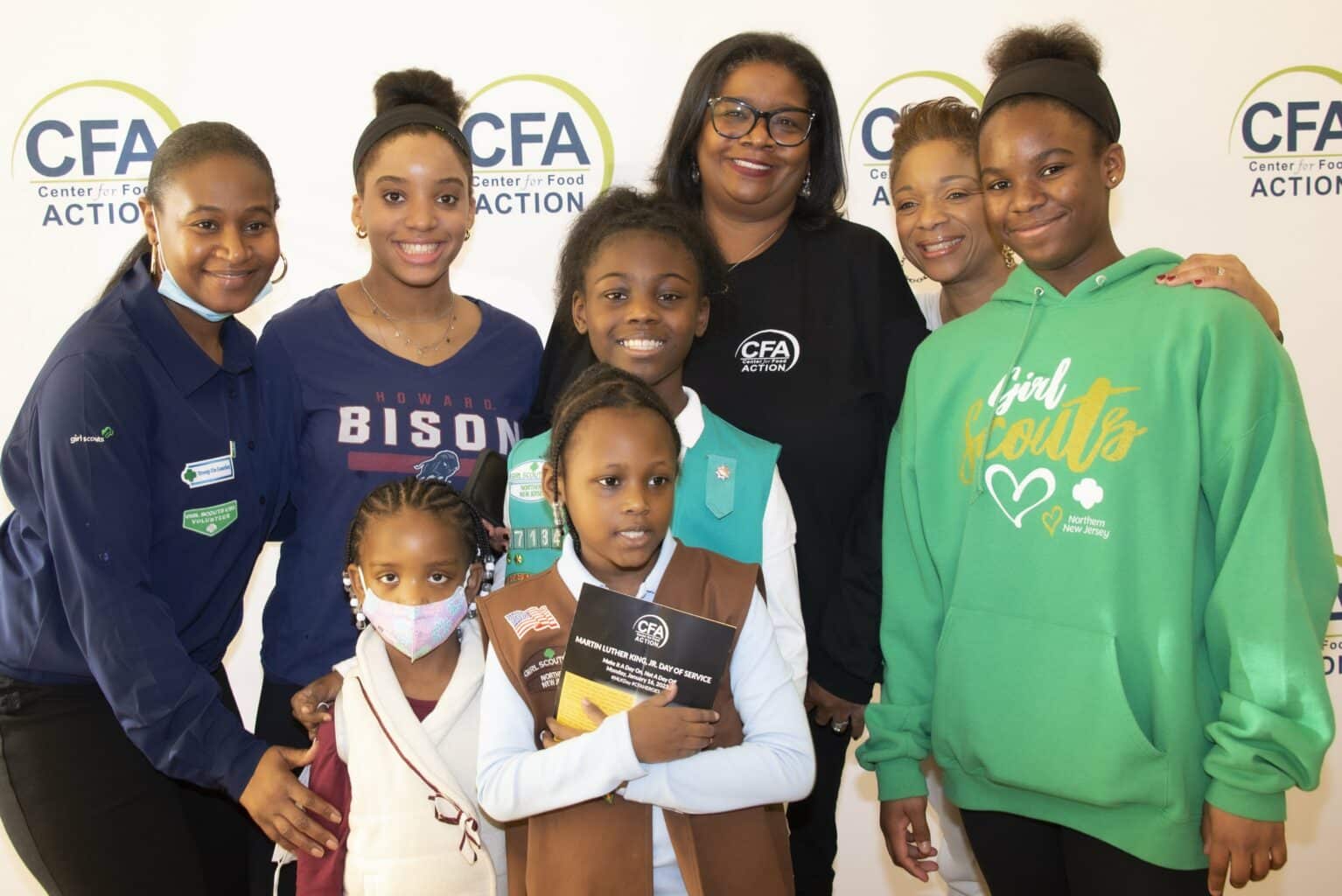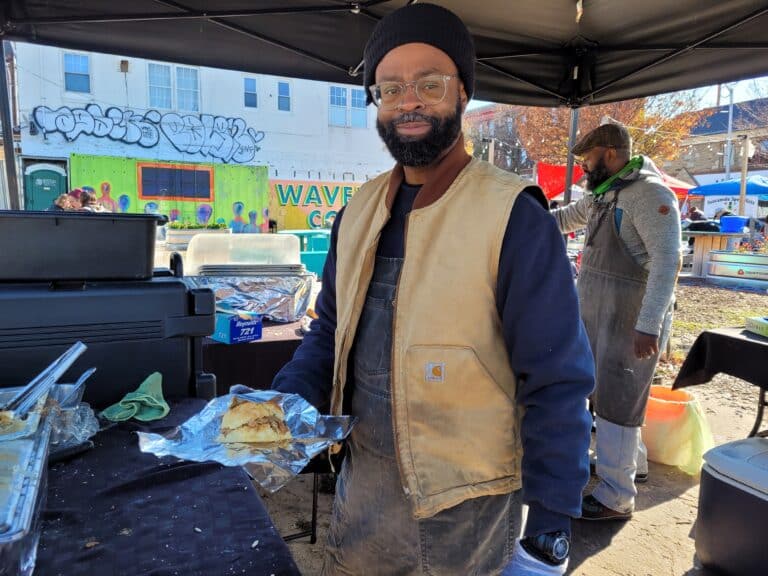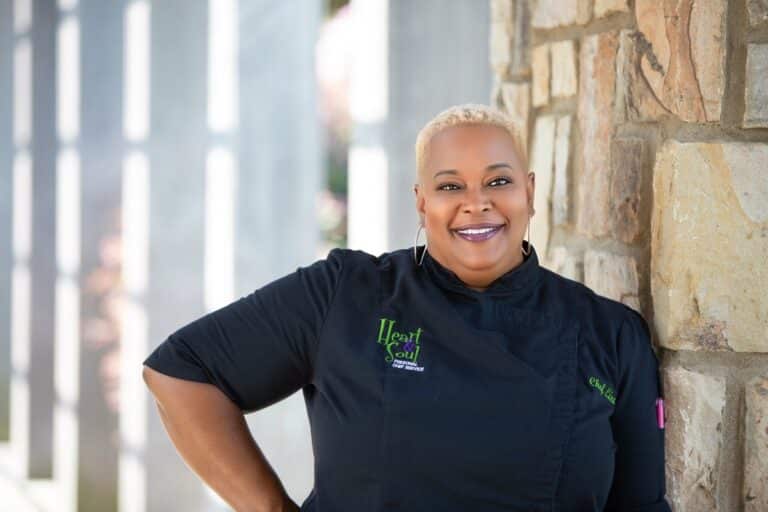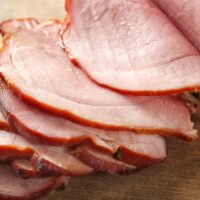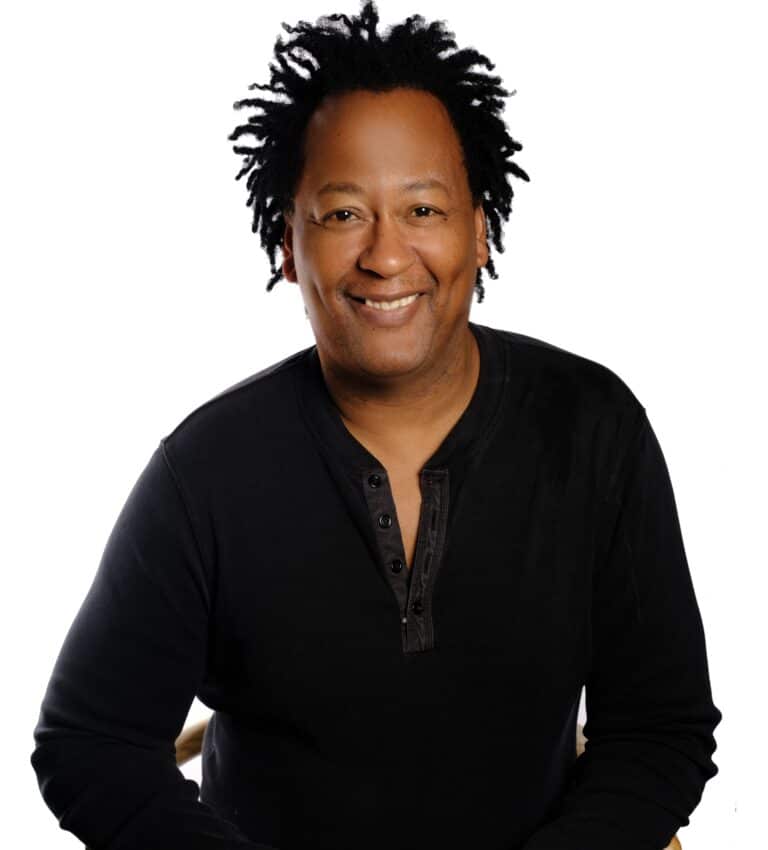|
Getting your Trinity Audio player ready...
|
When Theodora Smiley Lacey was around 20 years old, she worked as a gopher for the Montgomery Bus Boycott in Alabama. “I started riding the buses when I was about 12 years old, and I can’t count the number of times I was told to get up from my seat to give it to someone who was White,” laments Lacey.
“So I was happy to join the boycott and work with Dr. Martin Luther King.” She continues, “My father was one of the people responsible for bringing Dr. King to Montgomery to be the senior pastor at Dexter Avenue Baptist Church. My family and six of my uncles and their families were members of the church. Sometimes to get away from the hustle and bustle of the boycott, Dr. King would spend the night at an uncle’s house, so I saw him a lot.”
Lacey says she admired Dr. King for not harping on his degrees, fame and awards but wanting to focus on helping “the least of these.” “Having been around Dr. King for so many years and knowing his philosophy of making a difference in the lives of others, being of service is just a part of who I am,” Lacey states. Today, at 90, she carries on Dr. King’s legacy as chair of the Center for Food Action’s (CFA) Martin Luther King, Jr. Day of Service Weekend Snack Pack event that takes place each year.
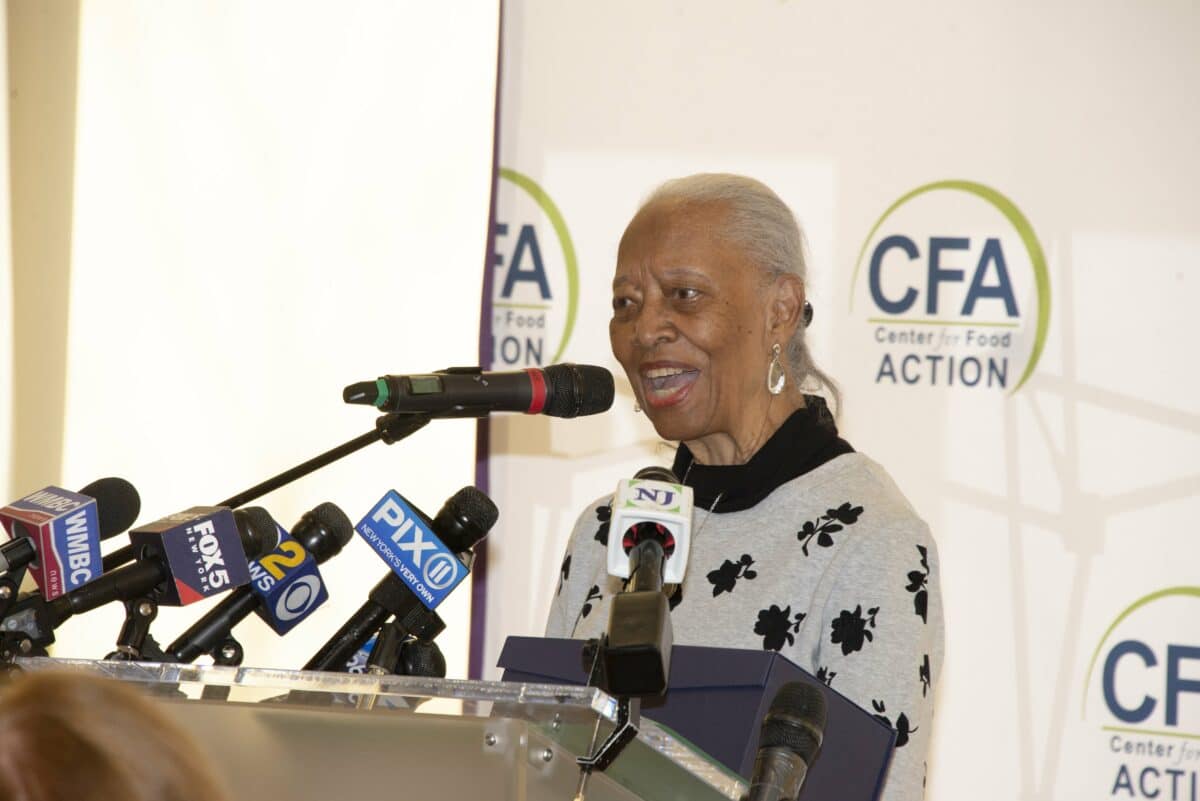
Leading the Charge Against Hunger
Lacey was brought on to chair the event by its creator and CFA director of events, Nicole Davis, who started the event through a grant from Americorps. “The grant is designed to encourage volunteerism and to pay for our mission to do weekend snack packs for children at risk of food insecurity,” Davis explains.
“We do snack packs for our National Day of Service on 9/11 and on MLK Day. And I thought, what better person to have to chair the MLK Day event than Mrs. Lacey, who’s a civil rights icon in our community.” In fact, Lacey helped integrate schools in Teaneck, New Jersey, where she taught for 40 years. And an elementary school and the street it sits on were recently named after her.
“Our Weekend Snack Packs are meant for children who receive free lunch at school and are food insecure on the weekends at home,” explains Davis. “They are kid-friendly so that a child doesn’t necessarily have to have an adult present to prepare it,” she notes. “There’s milk, cereal, a juice box, a granola bar, a mini ravioli that can go in the microwave, and a box of macaroni and cheese for the parent to prepare.” It’s part of CFA’s mission “to prevent hunger and homelessness and improve the lives of individuals and families living in poverty.” Lacy adds, “This is the work that Dr. King would have wanted us to do.”
Soldiers in the Army
Volunteers help assemble 5,000 Snack Packs at various locations around town the week before MLK Day. But on the actual holiday, CFA holds the big event where 125 volunteers come from all over to help assemble 1,200 Snack Packs at Davis’ church, Community Baptist Church of Englewood.
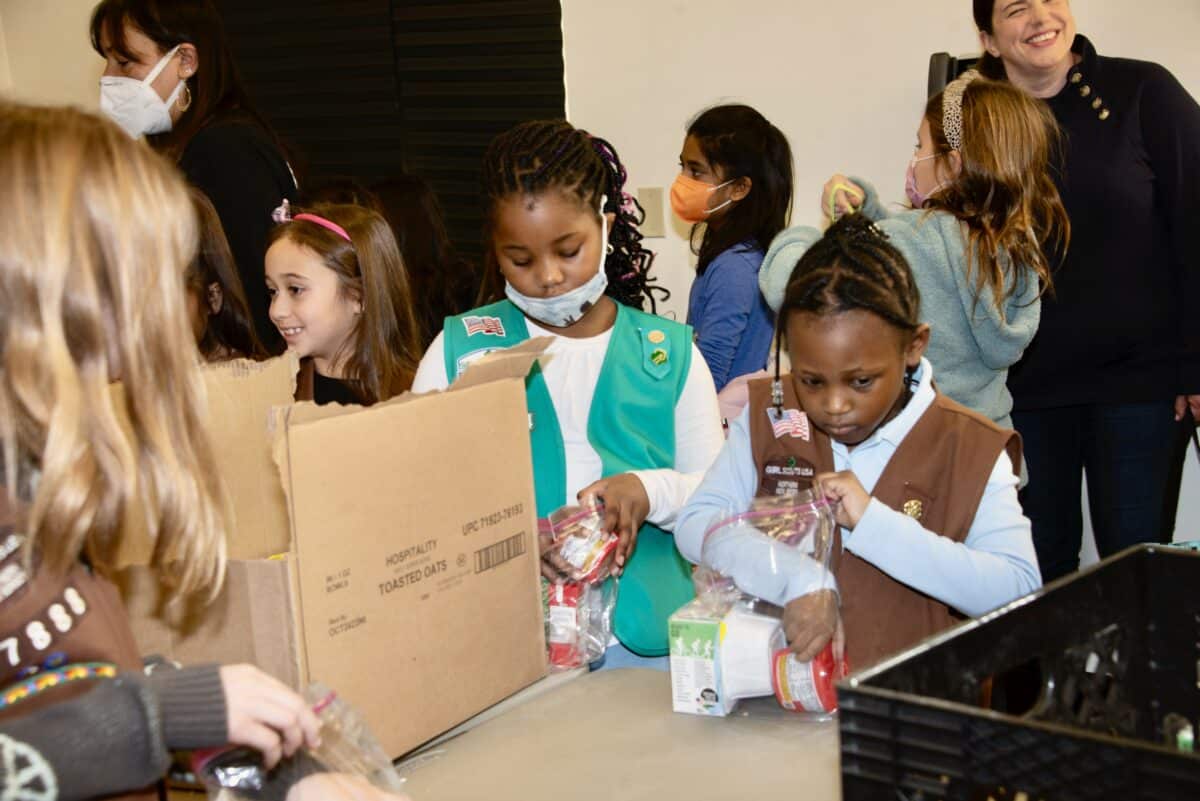
“I’ve been at my church for about 25 years and worked in various ministries and knew that we needed to produce the Weekend Snack Pack event in a church to honor Dr. King, who was a preacher,” says Davis. “When I think of Dr. King, I think of the call we have to serve humanity,” emotes Davis’ pastor, Dr. Lester Taylor, Jr. “And Mrs. Lacey is the face of those who dare put themselves on the front lines to provide services for others. She’s our Rosa Parks,” he exclaims.
Other volunteers on the front lines of this event include members of local chapters of civic rotary clubs, the NAACP, the National Urban League, The National Coalition of 100 Black Women, The Links, the Girl Scouts, Alpha Kappa Alpha Sorority, Inc. – of which both Lacey and Davis are members, Delta Sigma Theta Sorority, Inc., Kappa Alpha Psi Fraternity, Inc., and Alpha Phi Alpha Fraternity Inc., of which Dr. King was a member. Even New Jersey Governor Phil Murphy participated. “And that’s huge because he has hundreds of events to choose from on MLK Day,” says Davis.
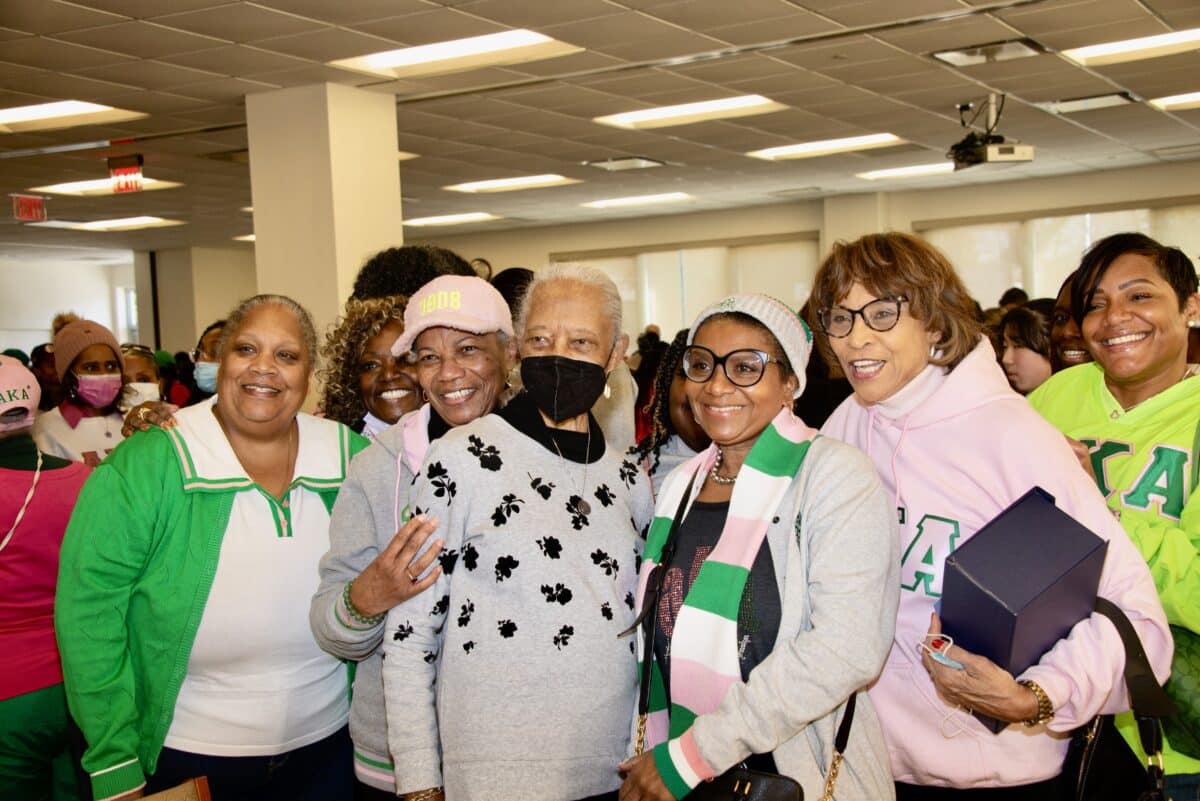
According to Davis, the MLK Day of Service Weekend Snack Pack event is volunteer-funded, so the volunteers donate to help underwrite the cost of the snack pack. “We’ve raised more than $60,000,” exclaims Davis. “It costs us $6 to produce one snack pack, so adult volunteers pay $60 and children volunteers over 12 years old pay $25 dollars,” she discloses. “We also have a number of sponsors who give larger donations like TD Bank,” she adds.
Food Insecurity and Social Justice
Once the Weekend Snack Packs are assembled, they’re distributed to pre-designated schools that have a large population of students who are on free lunch. “And principals, teachers and social workers can decide who is in need and discreetly put them in students’ backpacks, or some schools have a pickup location,” says Davis.
“Food insecurity is a social justice issue,” says Menen Mathias-Fredericks, M.D., who is a general surgeon, healthcare IT professional and the first Black woman president of CFA’s board of directors. She adds, “Studies have shown that long-term pantry users, with very low food security, have significantly greater odds of having obesity. And studies also show that children don’t learn or study well in school if they’re hungry.”
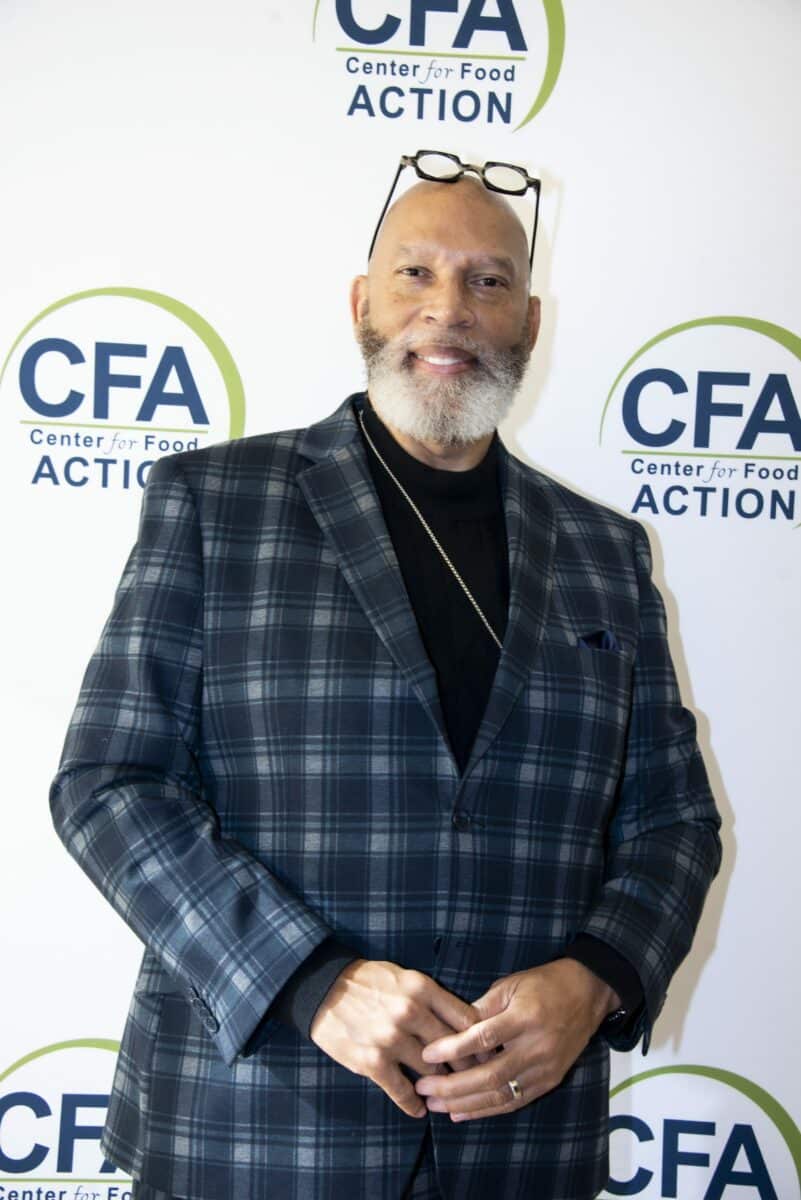
Mathias-Fredericks continues, “The average median household income in Bergen County is about $110,000. It’s considered to be one of the wealthiest counties in New Jersey. Yet, more than 7% of residents are struggling with food insecurity.”
Pastor Taylor agrees. “I would dare say our membership is part of the recipients of this effort,” he admits. “Our church is in what is considered to be an affluent community, but it’s affluent on the surface because there are still food disparities in our community. That’s why it is still important for our church to do the things that speak to the common needs of people.”
But Taylor says there is an issue with pride. “For example, one Thanksgiving, we decided to host Thanksgiving dinner for people who needed it,” he continues. “We bought, cooked and prepared the food and put the word out, but nobody came. And that’s because those who needed the food were too prideful to come and eat the meal here.”
- Farm Alliance of Baltimore’s Denzel Mitchell, Jr. is Spreading the Gospel of Urban Farming
- Lisa Brooks Honors Black Women and Southern Food with Mattie’s Front Porch
So the church had to pivot and pack up the dinners and offer a drive-through for people to pick them up and take them home. “So we are figuring out how to help people while also helping them to maintain their dignity,” says Taylor.
“We serve more than 100 towns and serve about 40,000 families annually,” notes Davis. “Some of the food insecure in our county are veterans and seniors who thought they planned well for retirement, but the cost of living has far surpassed what they tucked away.” She adds, “And where there’s a hungry child, a hungry adult is nearby. That’s why we also do what we call a Companion Box to the Weekend Snack Packs.”
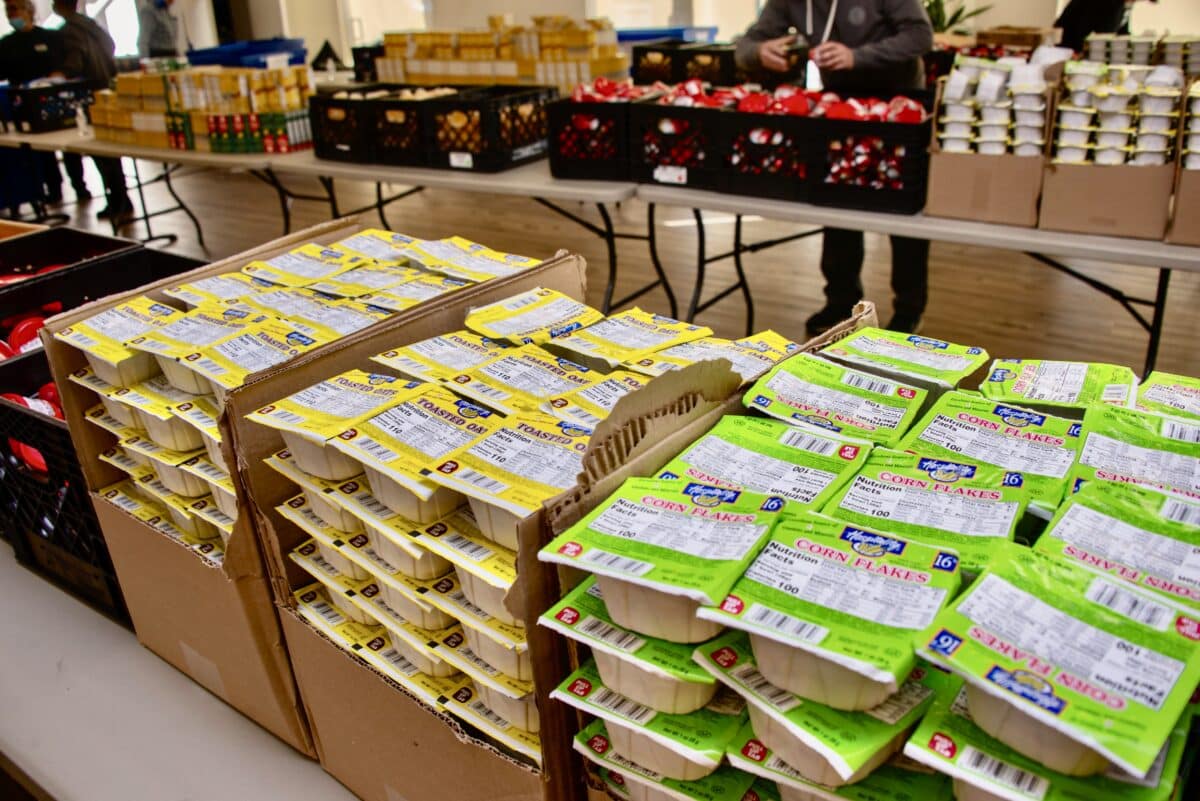
Those boxes are cereal, rice, canned corn, tuna fish, spaghetti, spaghetti sauce, and pancake mix – things that help families stretch out meals. On other days, beyond MLK Day of Service, families can also go to CFA headquarters to pick up what are called “Shelf Stable Boxes.” “In those, we have milk, eggs, cereal, tuna, soup, chicken, fresh vegetables, baby diapers, adult diapers and more,” boasts Davis. They get their fresh vegetables from wholesalers and community gardens.
In fact, Lacey has planted, picked and brought fresh vegetables to CFA from her church’s garden at Central Unitarian Church. “Our bounty included kale, squash, tomatoes, collards and other vegetables,” smiles Lacey, who has also written a book with her granddaughter entitled, “The Grocery Game.” She says “it’s about a grandmother and granddaughter who go grocery shopping and discuss the importance of diversity, including appreciating food from diverse cultures.”
A Change is Gonna Come
Davis has done many events for CFA, including restaurant food tastings and a partnership with Jasmine Crowe-Houston, founder of Goodr, whose mission is to end hunger and food waste.
But she says while these events are very successful, they are bittersweet.
“It’s great that we have the money to create our MLK Day of Service Weekend Snack Pack event to service families, but it’s sad that we’re still in this situation of trying to solve food insecurity in the United States,” Davis laments. “And it is a humbling experience for people to come to receive food and a humbling experience to serve people who are in need.”
In the future, CFA hopes to move to the choice pantry food model, which is like a grocery store, where people can go in and select food that’s fitting for their diet and their culture, as opposed to CFA selecting what food they will get.
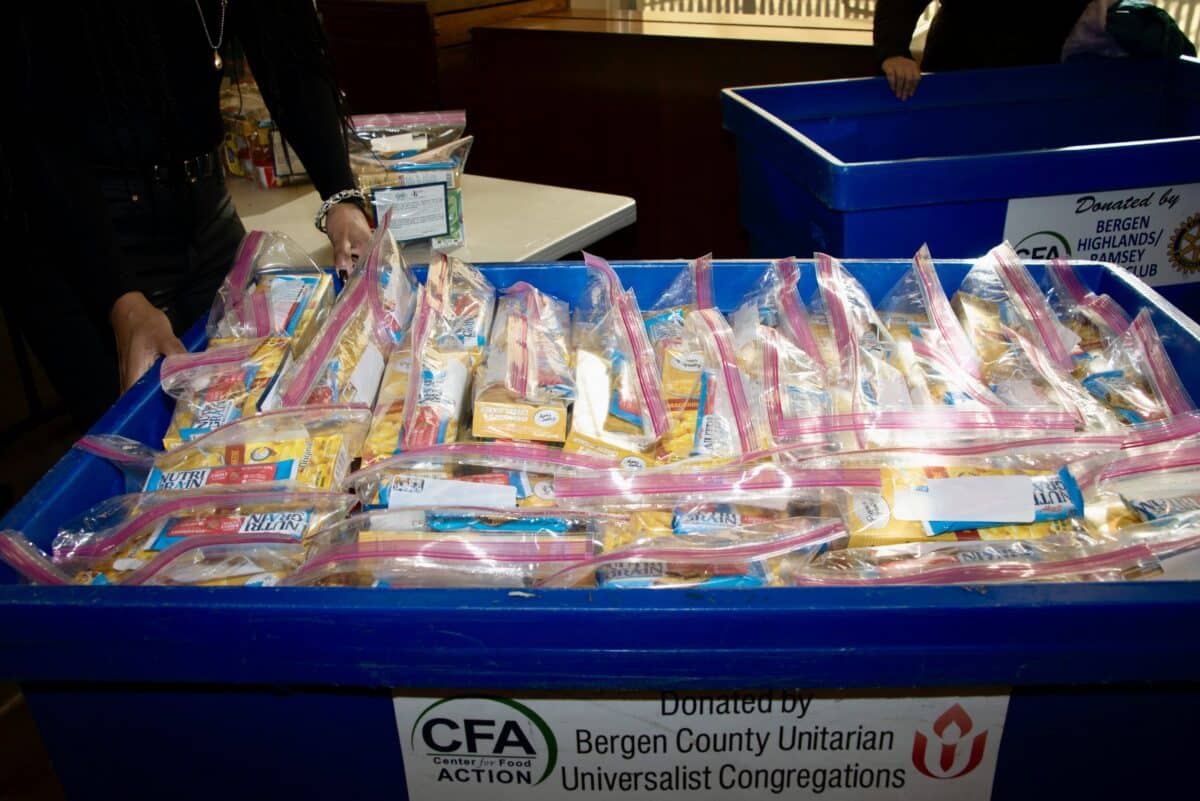
Davis, who recently received her Masters of Divinity, says, “I think we’re doing God’s work outside of the church walls. In the Bible, Matthew chapter 25, verse 35 Jesus says, ‘For I was hungry and you gave me food, I was thirsty and you gave me drink, I was a stranger and you welcomed me…’ And so that’s what we’re doing.” Pastor Taylor says, “I think that Dr. King would be pleased with our MLK Day of Service Snack Pack project, but he would say don’t stop when my birthday is over. People are hungry throughout the year.”
Mathias-Fredericks agrees, adding, “I want to see people using us as a stopgap and not see multiple generations of families coming to food pantries. We have to find a way to stop long-term food insecurity.”
RELATED: Ben & Jerry’s Celebrates the Power of Black Voters with Rebrand of Change is Brewing Flavor
As for Lacey, she refers to the song, “I Don’t Feel Noways Tired.” “People ask me why I continue to serve at my age, instead of sitting down and resting,” Lacey laughs. “But there’s a joy I receive from being able to be of service through CFA. My life is enriched by serving others.”
For more information on CFA and its programs, visit the website, Facebook, and Instagram pages. And for more background on Theodora Lacey’s civil rights activism, check out this YouTube link of her interview with Nicole Davis.

